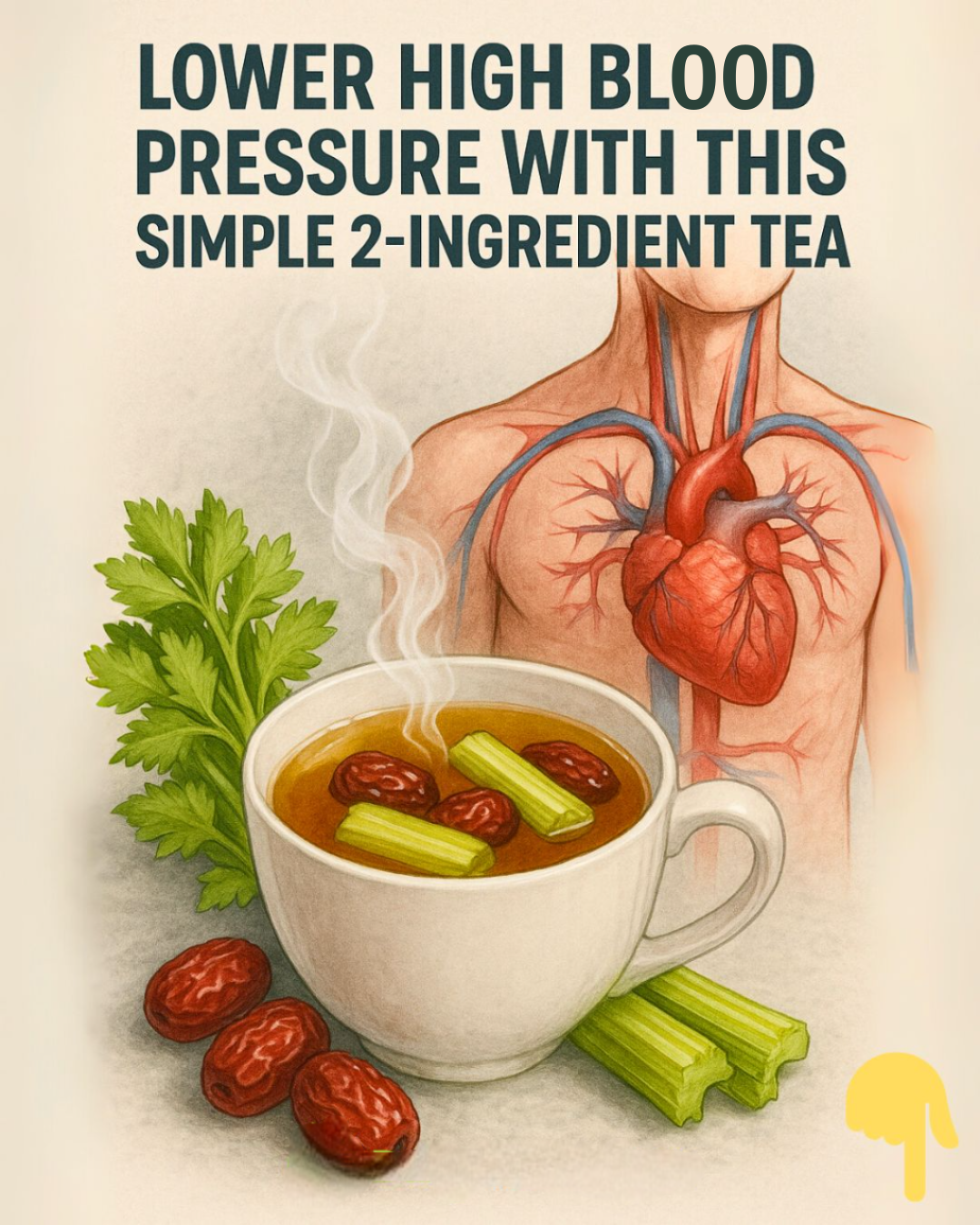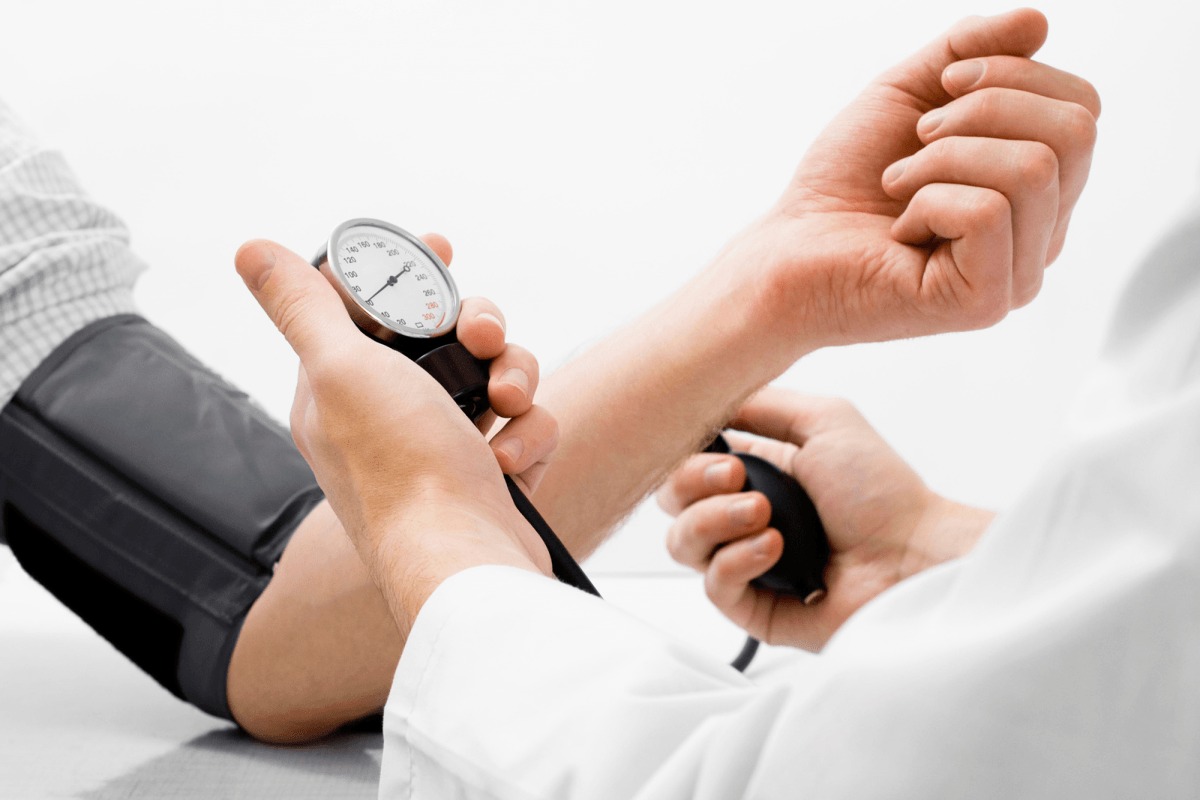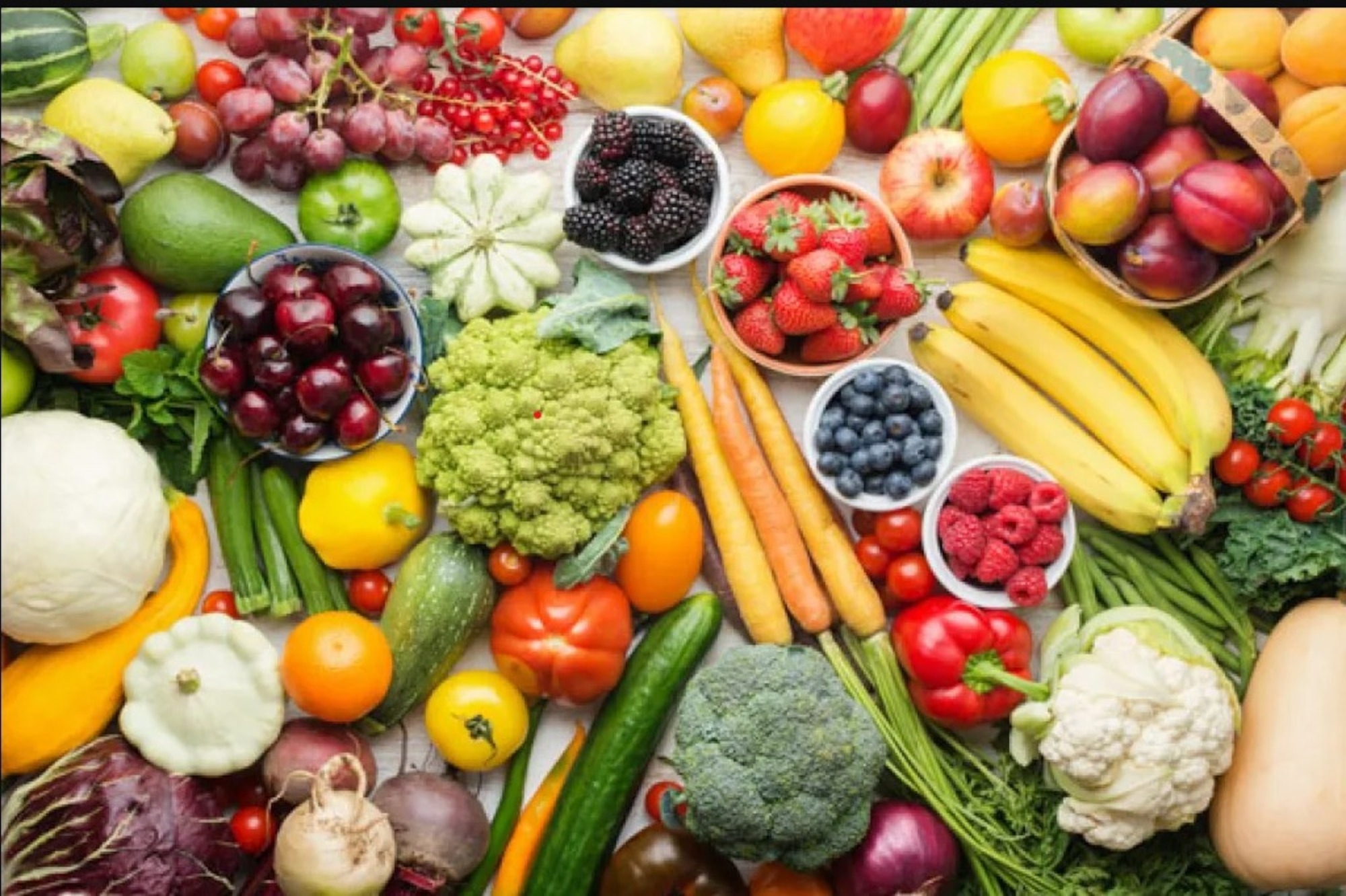
Blood pressure is the force of blood pushing against artery walls. When it remains too high for too long, arteries weaken, leading to serious health risks.
In the U.S., about 70 million people—nearly one in three—live with high blood pressure. In Canada, it affects one in six. Hypertension is a leading contributor to heart disease, stroke, arteriosclerosis, and kidney failure. Managing it is essential to protect long-term health.
While drugs are often prescribed, not all treatments are risk-free. Research shows that long-term use of calcium channel blockers, one of the most common medications, may increase the risk of developing cancer by 2.5 times, with risk rising as patients age.
Two Types of Hypertension
Hypertension can be inherited or linked to lifestyle. It falls into two categories:
Essential (Primary) Hypertension: No clear cause, developing gradually over time.
Secondary Hypertension: Stemming from another condition, such as:
• Sleep apnea
• Kidney disease
• Adrenal or thyroid problems
• Congenital blood vessel defects

Risk Factors
Several factors raise the likelihood of high blood pressure, including:
• Age and genetics
• Obesity
• Sedentary lifestyle
• Smoking and alcohol or drug use
• Stress
• High-sodium diet
• Chronic deficiencies in vitamin D or potassium
• Conditions like diabetes and kidney disease
Hypertension is also more common in African Americans than white Americans.
Natural Management Strategies
When medication poses risks, lifestyle changes become even more important. Diet and exercise are proven to make a difference.
1. Lower salt intake
A 2012 study concluded:
“Dietary salt intake reduction can delay or prevent the incidence of antihypertensive therapy, can facilitate blood pressure reduction in hypertensive patients receiving medical therapy, and may represent a simple cost-saving mediator to reduce cardiovascular morbidity and mortality.”
Instead of relying on salt, consider flavoring foods with turmeric or nutritional yeast, which add both taste and health benefits.
2. Exercise regularly
A 2007 study called exercise “a cornerstone therapy for the prevention, treatment and control of hypertension.” Consistent physical activity helps regulate blood pressure and overall heart health.
3. Eat more fruits and vegetables
Plant-based foods rich in phytonutrients, such as anthocyanins, show anti-inflammatory effects that lower cardiovascular risk. Avoid high-sodium processed meats, ramen noodles, and alcohol, which worsen hypertension.

A Simple Hypertension Tea
Alongside lifestyle adjustments, natural remedies can also support heart health. This two-ingredient tea combines celery and red dates, both known for their blood pressure-lowering properties.
Ingredients:
2 quarts water
7 ounces organic celery
2 ounces red dates
Directions:
1. Wash and cut celery into small pieces.
2. Place all ingredients in a soup pot, simmer for 30 minutes.
3. Strain and drink the liquid regularly.
Celery contains phthalides, which relax artery walls, improving blood flow. Red dates provide potassium, helping counteract sodium and further reduce blood pressure.
Final Thoughts
Hypertension is widespread, but lifestyle choices can dramatically influence outcomes. Reducing salt, staying active, eating nutrient-rich foods, and incorporating natural remedies like celery and red date tea are simple yet effective steps toward lowering blood pressure and protecting long-term health.